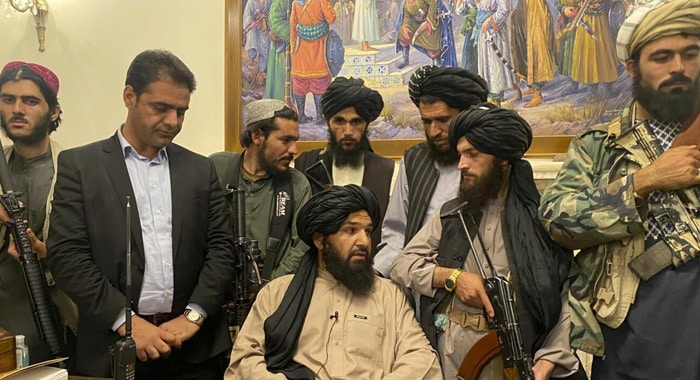The United States is expecting further releases of American citizens unlawfully held in Taliban-controlled Afghanistan, as part of a broader diplomatic push to repatriate nationals detained abroad under troubling regimes.
Tammy Bruce, spokesperson for the U.S. State Department, said additional releases are anticipated from countries including Afghanistan, Russia, and Venezuela. She credited the intensified diplomatic engagements during the first 100 days of President Donald Trump’s second term for the release of 47 Americans from foreign custody.
One of the latest cases involved George Glezmann, an airline mechanic from Atlanta, who was freed after being held for more than two years by the Taliban. His release, secured without a prisoner swap, followed a diplomatic visit to Kabul by former U.S. envoy Zalmay Khalilzad. Officials described it as a rare gesture of goodwill from the Taliban, though no formal agreements were disclosed.
Earlier this year, Americans Ryan Corbett and William McKenty were released in a prisoner exchange negotiated in the final days of the Biden administration. The deal involved the return of Khan Mohammad, a Taliban member, to Afghanistan and was facilitated with support from Qatar. In another incident in March, Faye Dail Hall was freed after being detained for unauthorized drone use; Qatari officials played a key role in her release and subsequent transfer to the Qatari Embassy in Kabul.
Despite these developments, several Americans remain in Taliban custody, including Mahmoud Habibi, a U.S. citizen of Afghan descent detained since August 2022. His case continues to raise serious concerns among U.S. officials, who have reiterated their commitment to securing the release of all Americans unjustly detained abroad.
The State Department emphasized that the ongoing detentions in Afghanistan reflect the risks posed by regimes with a record of arbitrary arrests and limited regard for international norms. Efforts to bring detained Americans home remain a top priority, with diplomacy serving as the central tool in navigating these complex and often hostile environments.
As U.S. officials continue negotiations, the plight of Americans held in Taliban-controlled Afghanistan underscores the broader challenges facing U.S. foreign policy in dealing with unrecognized or adversarial governments.





